Learn about the principles and practices of organic dairy farming, including the use of organic feed, limited use of antibiotics and hormones, avoidance of synthetic chemicals, and access to pasture. Discover the environmental and health benefits of organic dairy products and find out how to start your own organic dairy farm.
Understanding Organic Dairy Farming
Organic dairy farming is a sustainable and environmentally-friendly approach to dairy production. By adhering to specific principles and practices, organic dairy farmers ensure the production of high-quality, healthy dairy products while minimizing their impact on the environment.
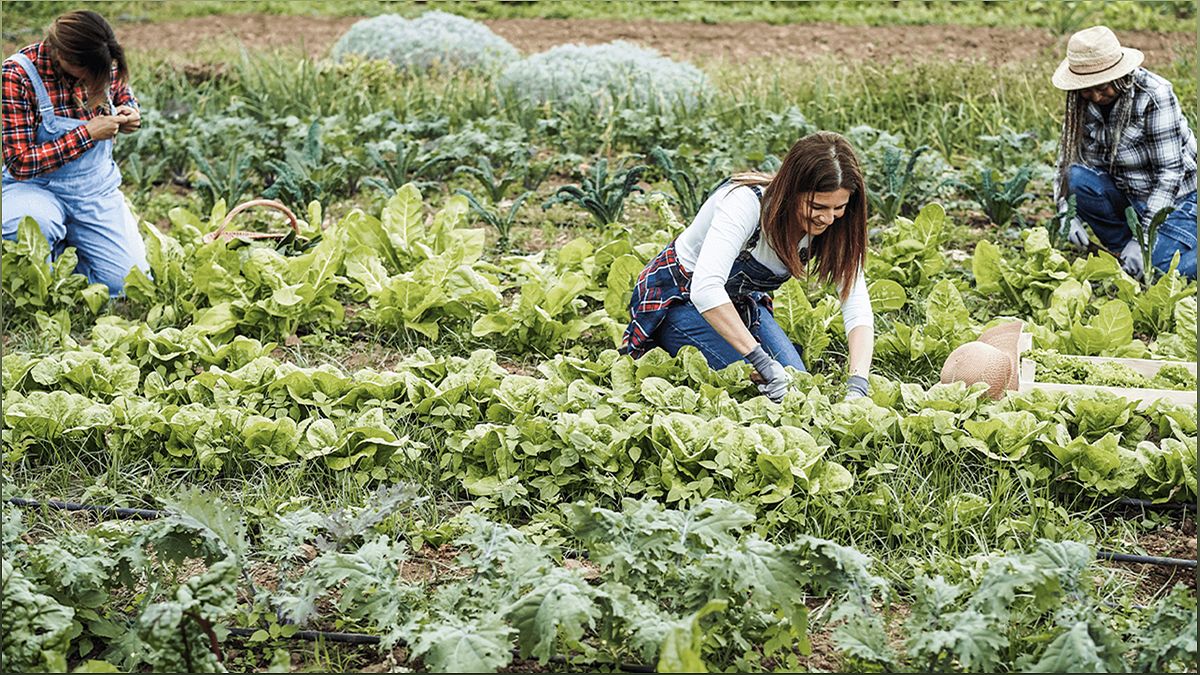
( Credit to: Smallbiztrends )
One of the key principles of organic dairy farming is the use of organic feed and forage. Organic dairy cows are primarily fed organic forage and grains without synthetic pesticides or genetically modified organisms (GMOs). This ensures that the dairy products are free from residues of synthetic chemicals and GMOs, making them a healthier option for consumers.
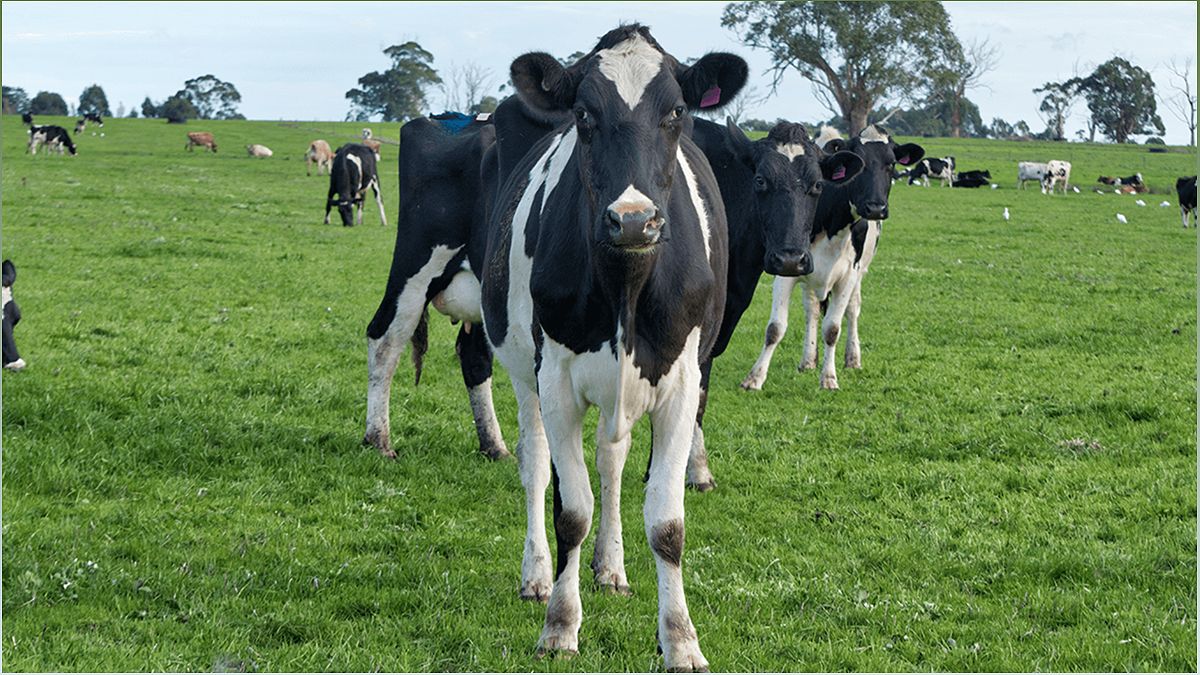
( Credit to: Smallbiztrends )
In addition to organic feed, organic dairy farming strictly limits the use of antibiotics and hormones. Conventional farming may use antibiotics and hormones to promote growth or prevent diseases, but organic dairy farming takes a more natural approach. This means that organic dairy products are typically free from residues of antibiotics and hormones, further enhancing their health benefits.
The Environmental Impact of Organic Dairy Farming
Organic dairy farming has a positive impact on the environment. By reducing the use of synthetic chemicals, organic dairy farms protect soil and water quality. The avoidance of synthetic pesticides, herbicides, and chemical fertilizers promotes biodiversity and helps to maintain a healthy ecosystem.
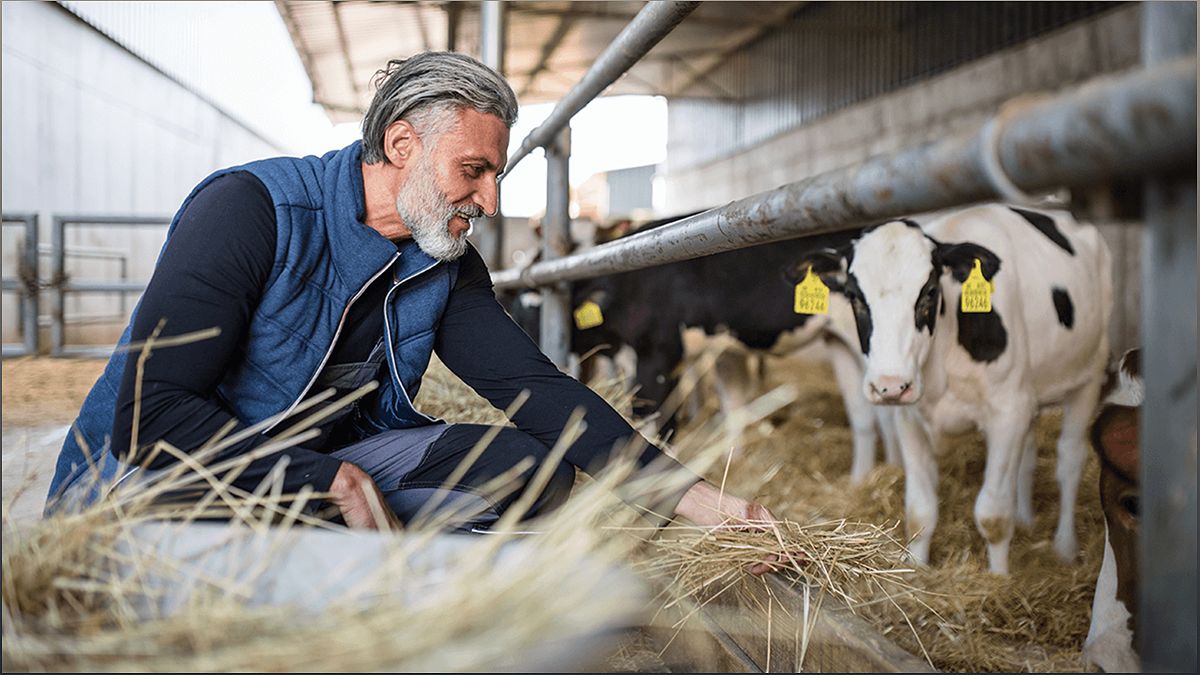
( Credit to: Smallbiztrends )
Furthermore, organic farming practices often result in reduced greenhouse gas emissions compared to conventional farming. This is due to the use of sustainable practices such as crop rotation, composting, and natural pest control. These practices contribute to the overall sustainability of organic dairy farming and help to mitigate climate change.
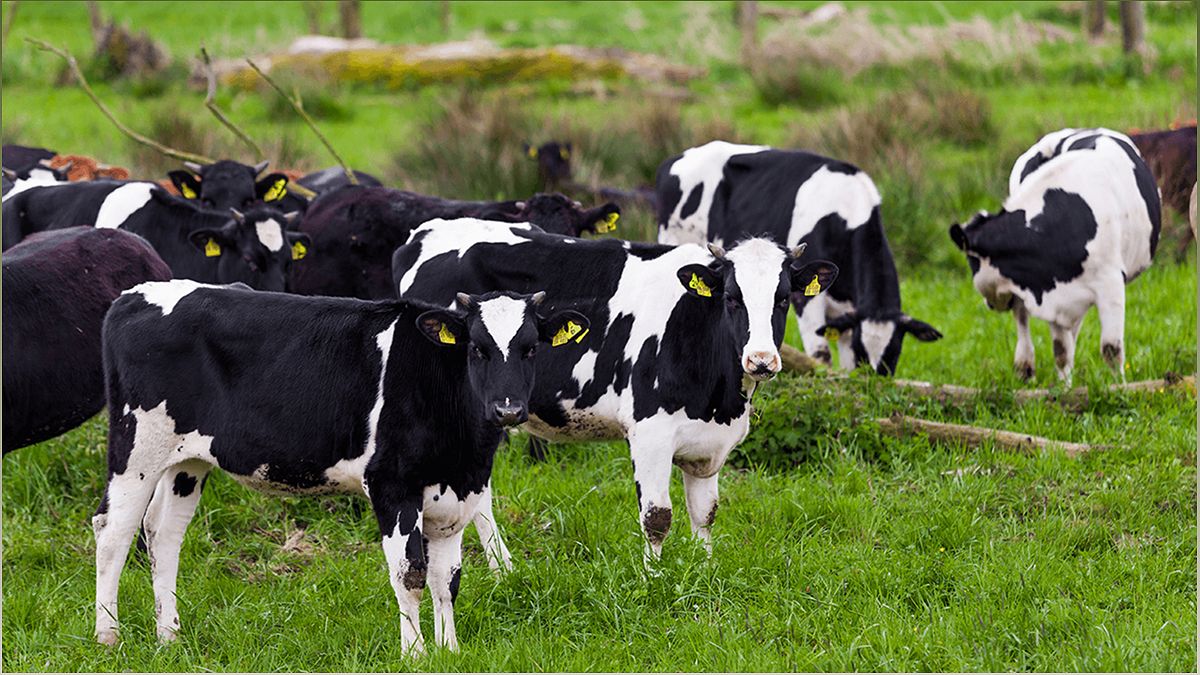
( Credit to: Smallbiztrends )
Overall, organic dairy farming offers a more sustainable and environmentally-friendly approach to dairy production, minimizing the negative impact on the environment and promoting a healthier ecosystem.
The Health Benefits of Organic Dairy Products
Consumers are increasingly concerned about the quality of their food and the potential health risks associated with synthetic chemicals and antibiotics. Organic dairy products offer a healthier alternative, as they are typically free from residues of synthetic chemicals and antibiotics.
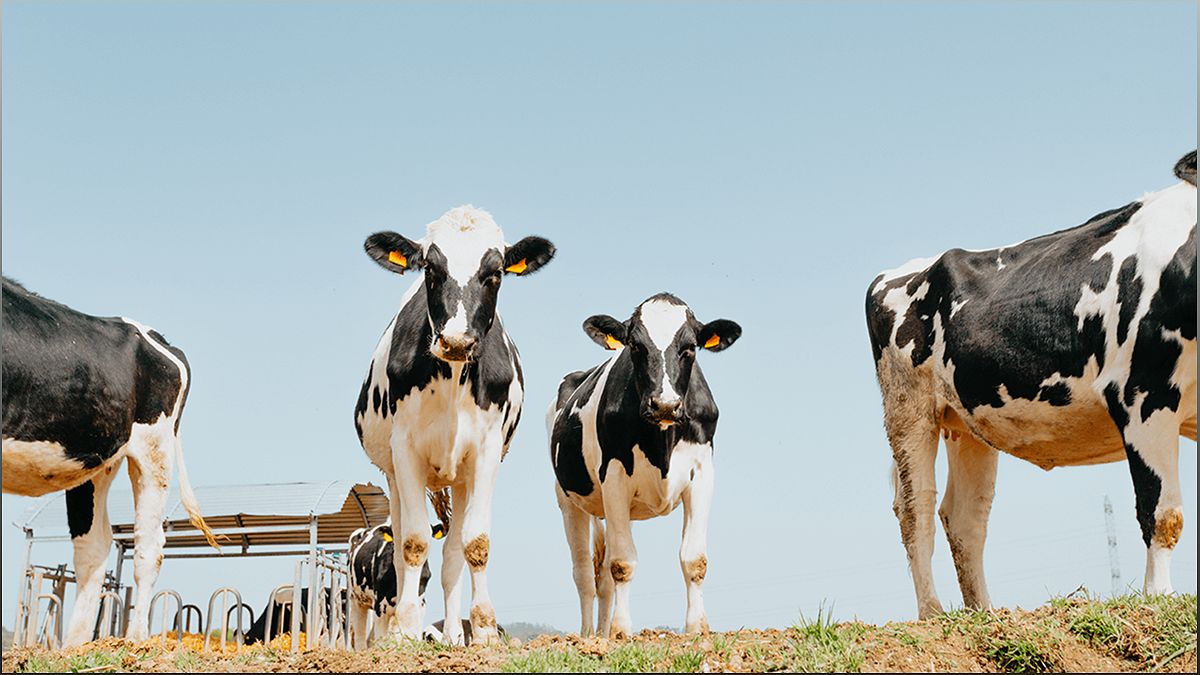
( Credit to: Smallbiztrends )
Studies have shown that organic dairy products contain higher levels of beneficial nutrients such as omega-3 fatty acids, vitamins, and antioxidants. These nutrients contribute to the overall nutritional value of organic dairy products, making them a healthier choice for consumers.
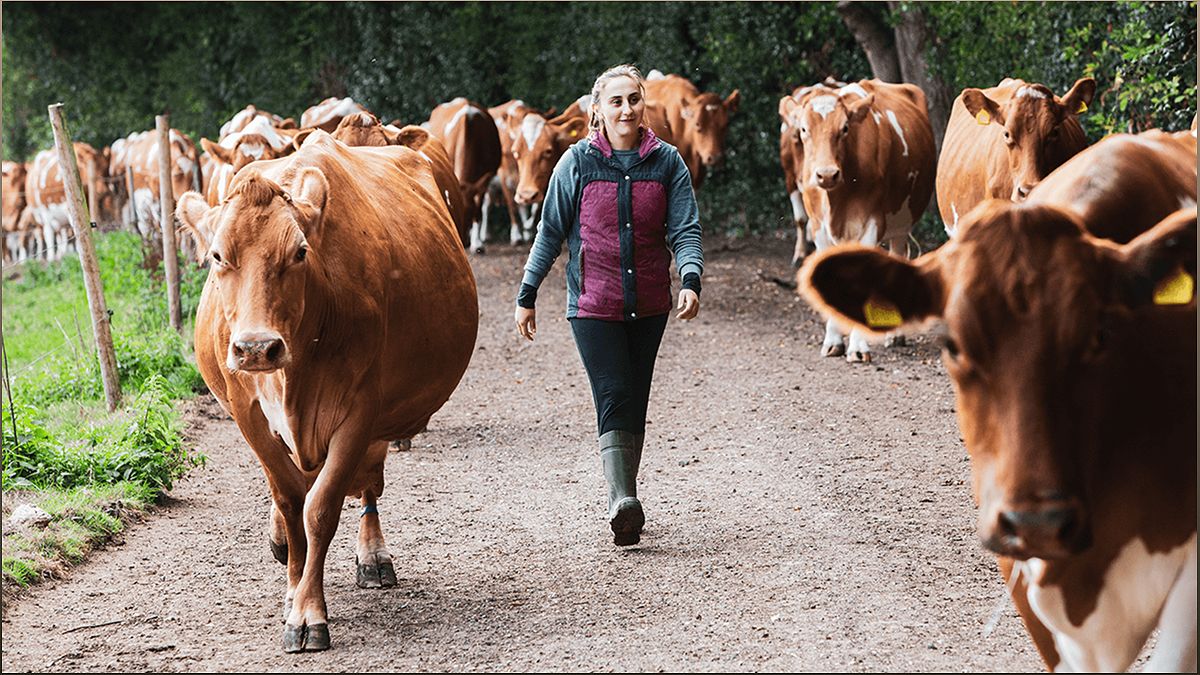
( Credit to: Smallbiztrends )
In addition, the avoidance of GMOs in organic dairy farming ensures that the dairy products are free from genetically modified organisms. This provides peace of mind for consumers who are concerned about the potential long-term health effects of consuming GMOs.
Starting Your Own Organic Dairy Farm
If you’re interested in starting your own organic dairy farm, there are several steps to consider. It’s important to understand the regulations and certification process for organic dairy farming, as well as the financial planning and investment required.
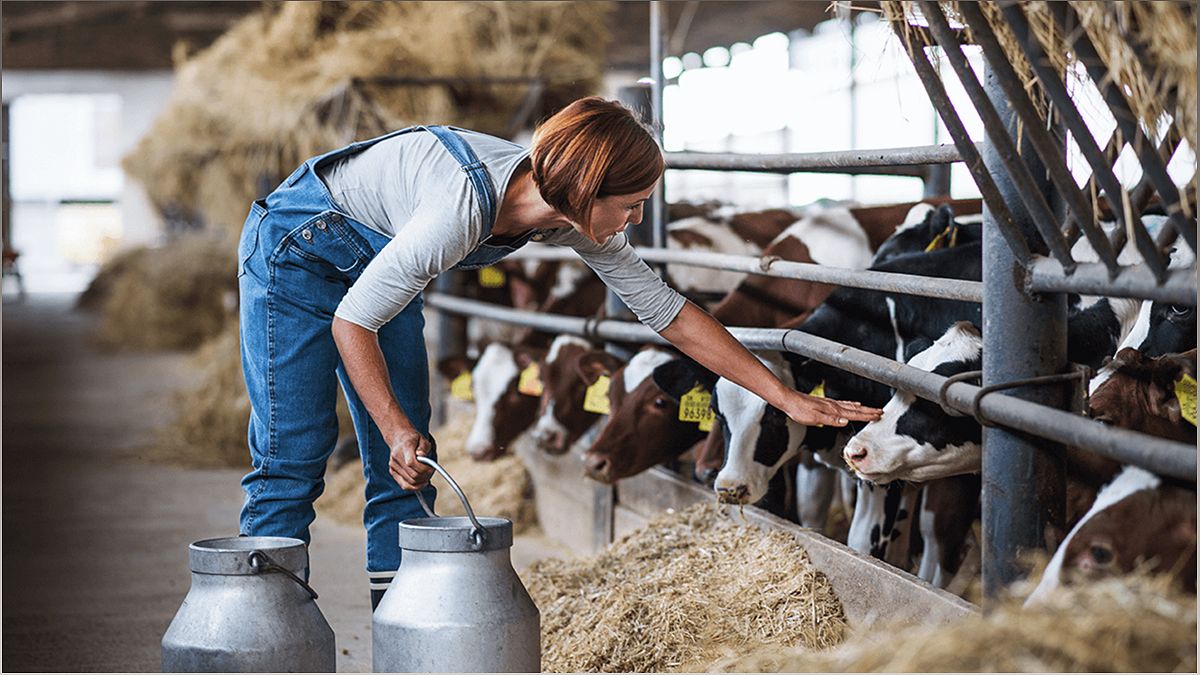
( Credit to: Smallbiztrends )
Securing land and facilities that are suitable for organic practices is crucial. You’ll also need to acquire dairy cattle that align with organic standards and implement a herd health management plan.
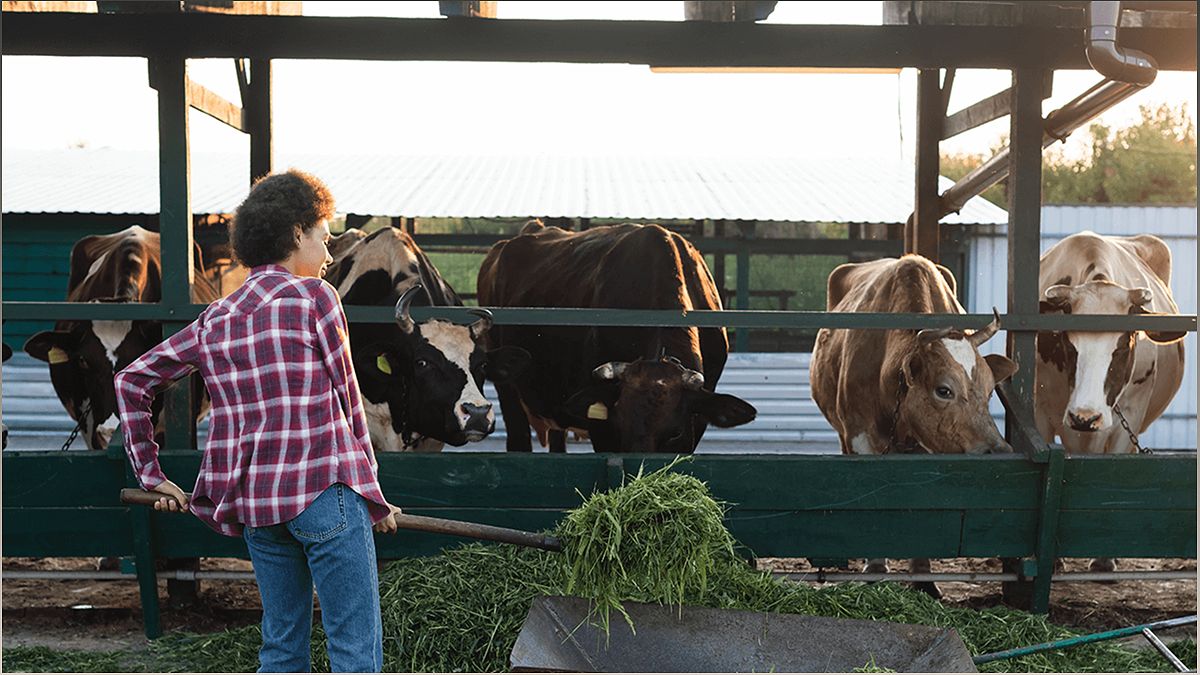
( Credit to: Smallbiztrends )
Obtaining organic certification is a key step in starting an organic dairy farm. This involves familiarizing yourself with the specific requirements for certification and applying through an accredited agency.
Implementing sustainable practices such as organic methods for soil enhancement, water conservation, and waste reduction is essential to minimize the environmental impact of your farm.
Finally, creating a marketing and sales strategy for your organic dairy products is important to reach your target audience. Being transparent about your farming practices can help build trust and loyalty among consumers.
Starting your own organic dairy farm requires careful planning, adherence to organic regulations, and a commitment to sustainable practices. However, it can be a rewarding venture both financially and personally.
